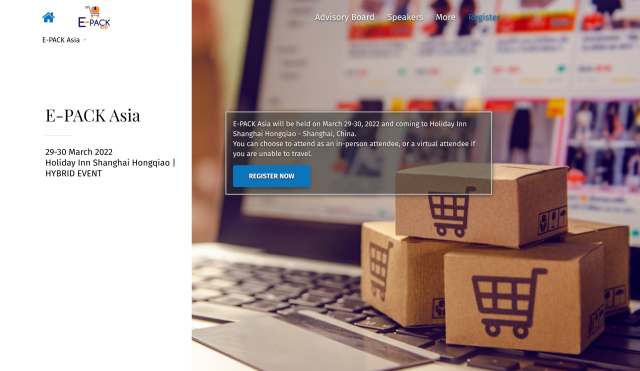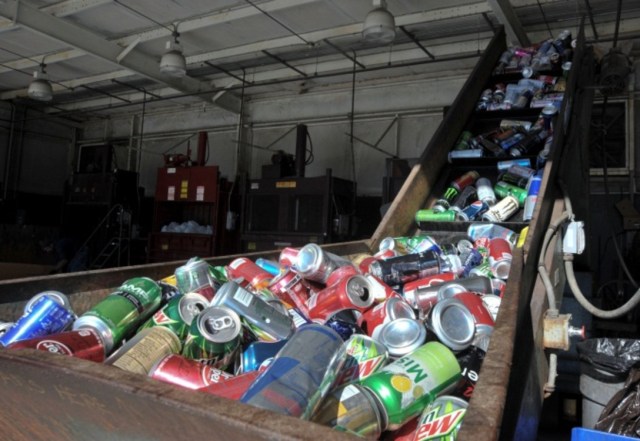
At the recent Budget 2022-23 announcement, the Federal Government revealed that it plans to spend on several initiatives that would be of benefit to the packaging industry, including a $83.1 million investment on Australia’s waste and recycling capabilities to help reach the country’s 2030 waste targets.
Treasurer Josh Frydenberg said this move builds on the government’s $190 million Recycling Modernisation Fund and the National Waste Policy Action Plan, supporting investment in new infrastructure to sort, process and remanufacture materials such as mixed plastic, paper, tyres and glass.
A part of the $83.1 million spend includes a $60.4 million allocation to develop new plastics recycling technology and advanced recycling solutions.
A further $18.2 million will go towards improving awareness of correct recycling techniques and towards the development of a new ‘ReMade in Australia’ scheme to certify goods that are recycled and remade in Australia.
“We are continuing to invest in ways to reduce waste through our Recycling Modernisation Fund, saving 10 million tonnes of recyclables from landfill every year by 2030. No longer are we exporting waste, we are recycling it here at home and creating over 10,000 jobs in the process,” Frydenberg said during the Budget.
Support for SMBs
The Federal Government has also prioritised the growth of SMBs with a $1 billion allocation towards a new Technology Investment Boost to encourage small businesses to go digital, amongst other initiatives.
Within this Technology Investment Boost, small businesses with an annual turnover of less than $50 million will be able to deduct a bonus 20 per cent of the cost of expenses and depreciating assets that support digital uptake.
This includes portable payment devices, cyber security systems or subscriptions to cloud-based services. The boost will apply to eligible expenditure of up to $100,000 per year, incurred from Budget night until 30 June 2023.
In support of small businesses, the government also launched a plan where SMBs will have access to a new 20 per cent bonus deduction for eligible external training courses for upskilling employees.
The Skills and Training Boost will apply to expenditure incurred from Budget night until 30 June 2024, providing $550 million in tax relief.
The government also mentioned that it will deliver more than $21 billion in tax cuts to small businesses from 2015‑16 to 2024‑25, with around $2.6 billion flowing in 2022‑23. This includes the reduced company tax rate for small businesses from 30 per cent in 2013-14 to 25 per cent from 1 July 2021, the lowest level in 50 years.
Relief for flood-affected businesses
The Federal Government has announced plans to help businesses, in addition to not‑for‑profit organisations, councils, primary producers and households, rebuild from the recent floods in parts of Queensland and New South Wales.
It has allocated $665 million towards grants for businesses and farmers for repairs, new equipment and support services, $589 million for community clean-up and recovery, including $300 million from the Emergency Response Fund for recovery and post-disaster resilience initiatives, and $2.2 billion to households for income support, temporary accommodation and social services.
The government expects to spend more than $6 billion on disaster relief and recovery because of these floods.
Treasurer Josh Frydenberg said this support is helping affected communities to get back on their feet.
“We will stand with these communities and help them rebuild. Already, over $1 million disaster payments have been made, total support to families, farmers, small businesses, local governments, and their communities is expected to exceed $6 billion,” he said at the Budget.
Other initiatives
Other initiatives that will be of aid to businesses include:
- A temporary fuel excise relief: The Government will reduce fuel excise by 50 per cent for six months. This will see excise on petrol and diesel cut from 44.2 cents per litre to 22.1 cents per litre, leading to savings for businesses.
- Securing supply chains: The Government is investing $200 million in a Regional Accelerator Stream of the Supply Chain Resilience Initiative to assist regional businesses to address supply chain vulnerabilities.
- Pathways for women leaders: In its Budget 2022-23, the Federal Government has announced an additional funding of $40.4 million for a range of initiatives to support more women into senior roles and leadership positions. This includes expanding the Future Women’s Jobs Academy to provide mentoring support and skills training to help women to transition into management and leadership positions, as well as a funding of $56.2 million to assist women to transition into the industries such as technology and manufacturing, as well as to develop entrepreneurial skills.
- New apprenticeships incentive system: The Government is introducing a new streamlined Australian Apprenticeships Incentive System, which will provide support to employers and apprentices. This includes a new $2.8 billion investment to increase take-up and completion rates, which will provide $5000 payments to new apprentices and up to $15,000 in wage subsidies for employers who take them on. It also includes the government laying the foundations for national skills reform with a $3.7 billion investment supporting an additional 800,000 training places, ensuring businesses get the skilled workers they need.
- Driving down business power bills: In this Budget, the Government said it will support communities to lower their bills and keep their lights on by providing $84 million to deploy microgrids. This builds on the $170 million of Commonwealth funding provided since 2019. It also looks to secure Australia’s future gas supply by supporting key projects identified in the National Gas Infrastructure Plan. It said increasing supply of affordable gas will help alleviate cost of living pressures for businesses and protect Australia from potential energy shortages.


